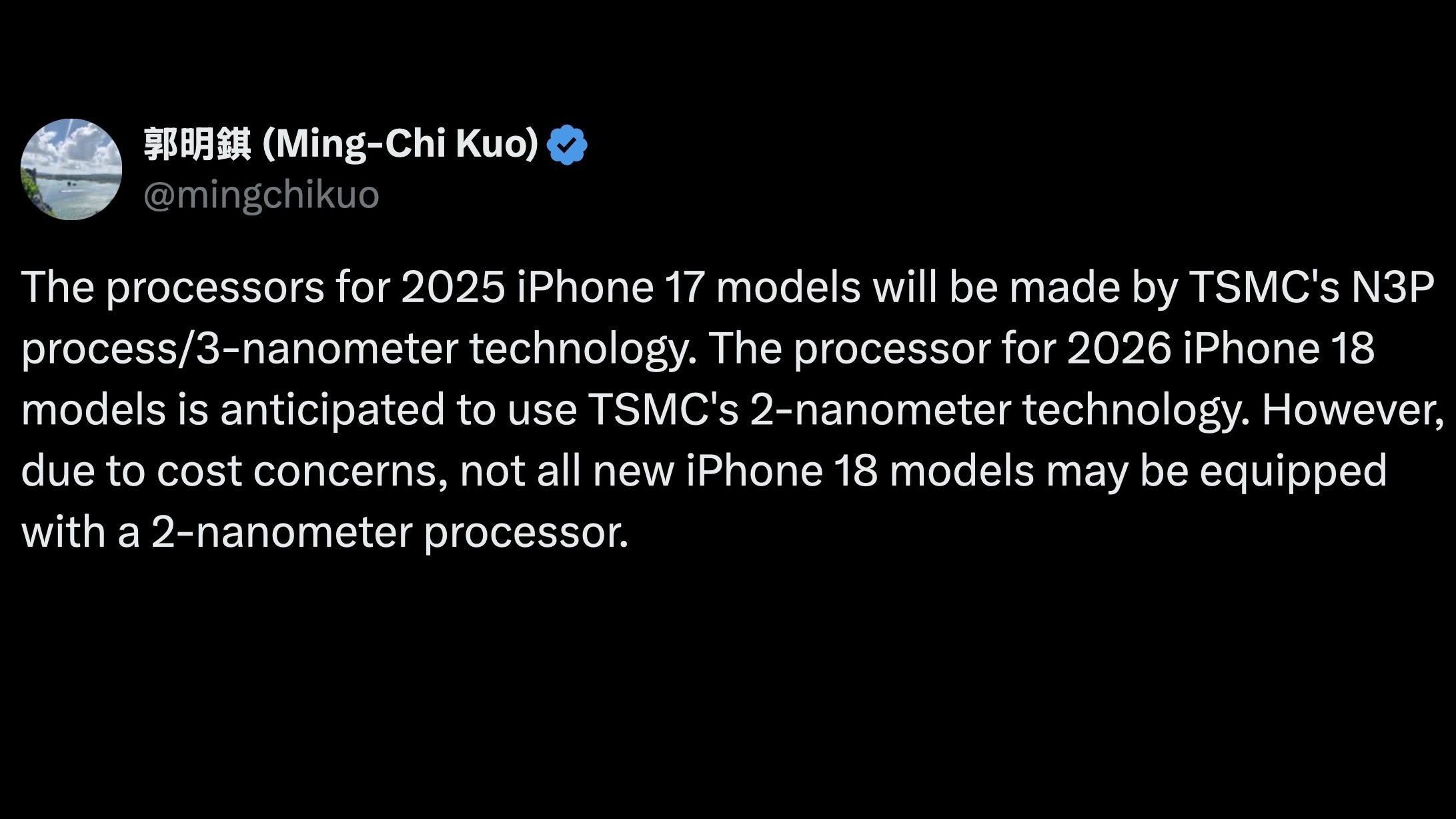
Credit: Aamir Siddiqui / Android Authority
- All iPhone 17 and lower-end iPhone 18 models will reportedly feature 3nm processors, as Apple could restrict the 2nm ones to its highest-end 2026 iPhones.
- Apple has been offering inferior processors on non-Pro iPhones for a few years now, so this potential move isn’t surprising.
- Compared to 3nm chips, 2nm ones could offer more processing power while maintaining their size and efficiency.
In 2022, Apple widened the gap between its regular and Pro iPhones by packing inferior chips in the lower-end models. The iPhone 14 Pro and 14 Pro Max got an exclusive taste of the A16 Bionic, while the standard variants stuck to the iPhone 13 line’s A15 Bionic chipset. That is still the case today; while the iPhone 16 and 16 Plus don’t feature last year’s processor, they get a less capable version of the A18 Pro chip offered by the 16 Pro and 16 Pro Max. This horsepower distinction will seemingly persist in the coming years, as Apple could exclusively pack 2nm chips in the highest-end iPhone 18 models.
